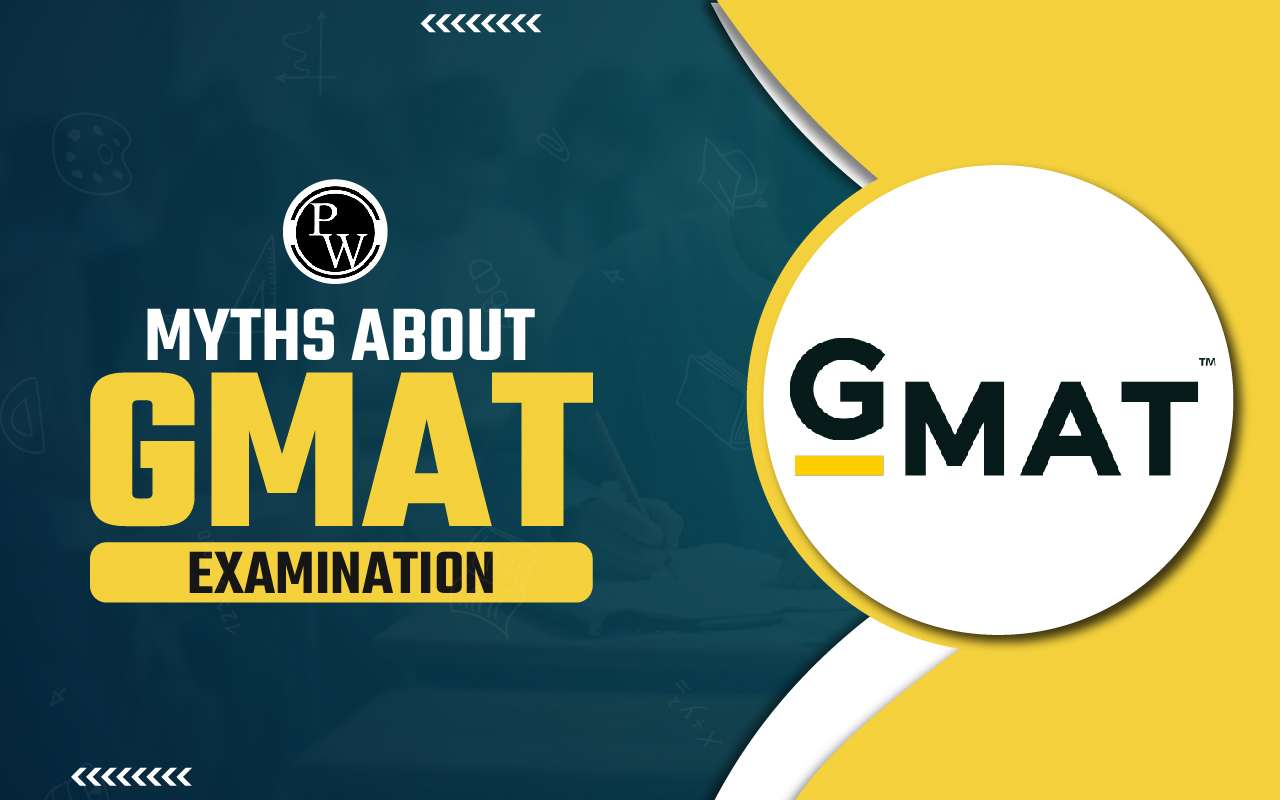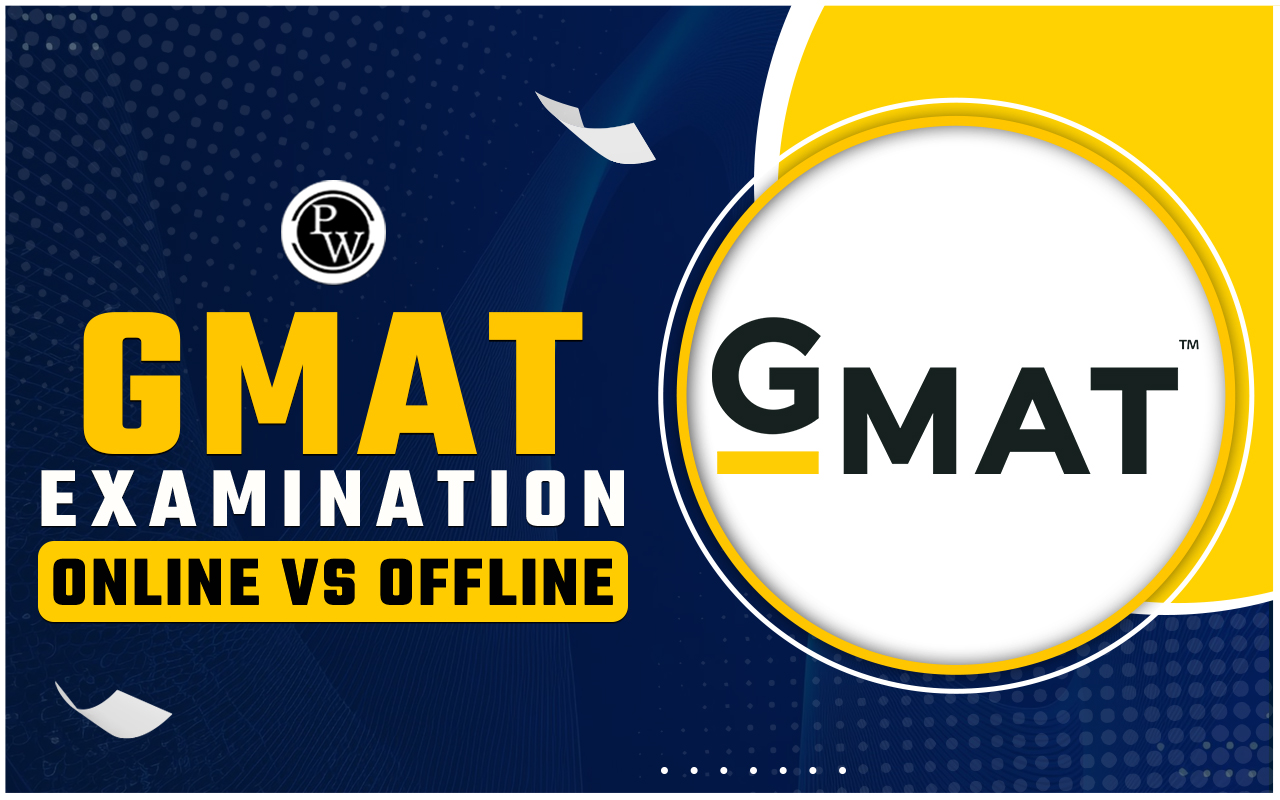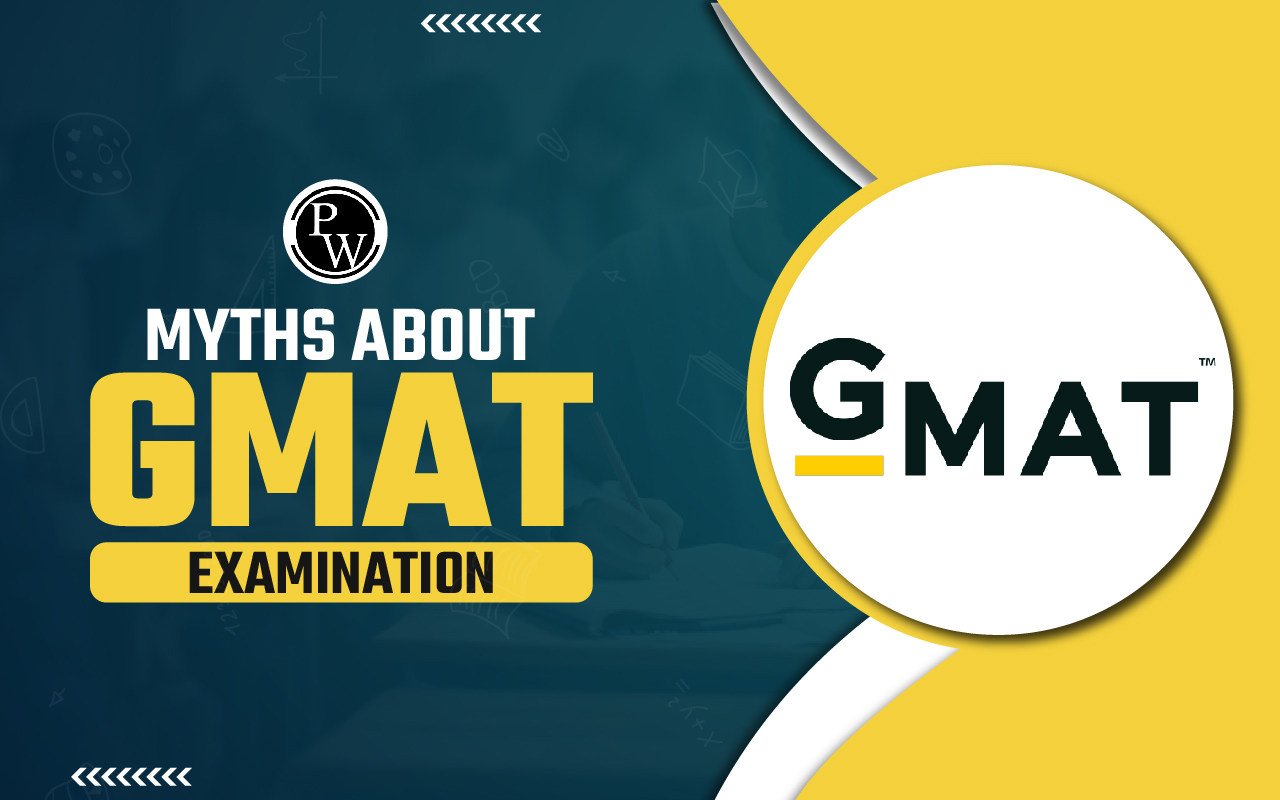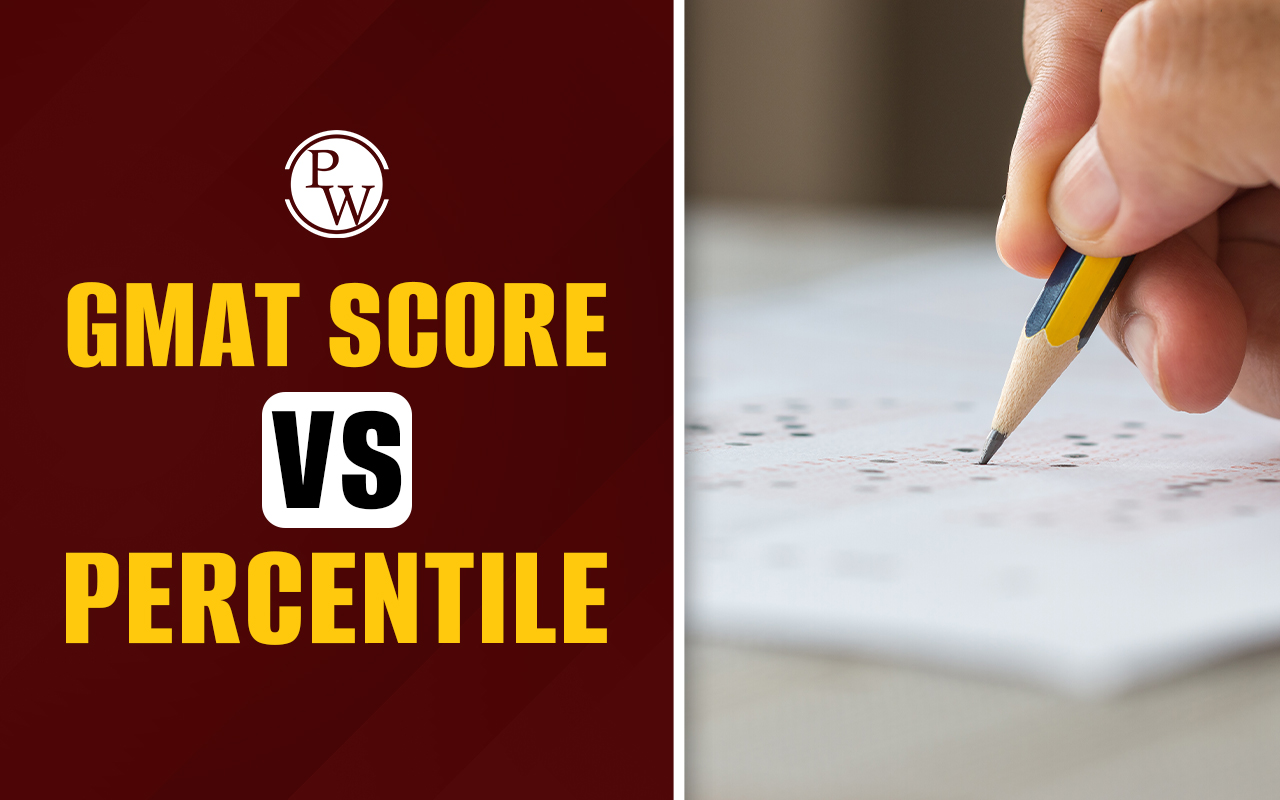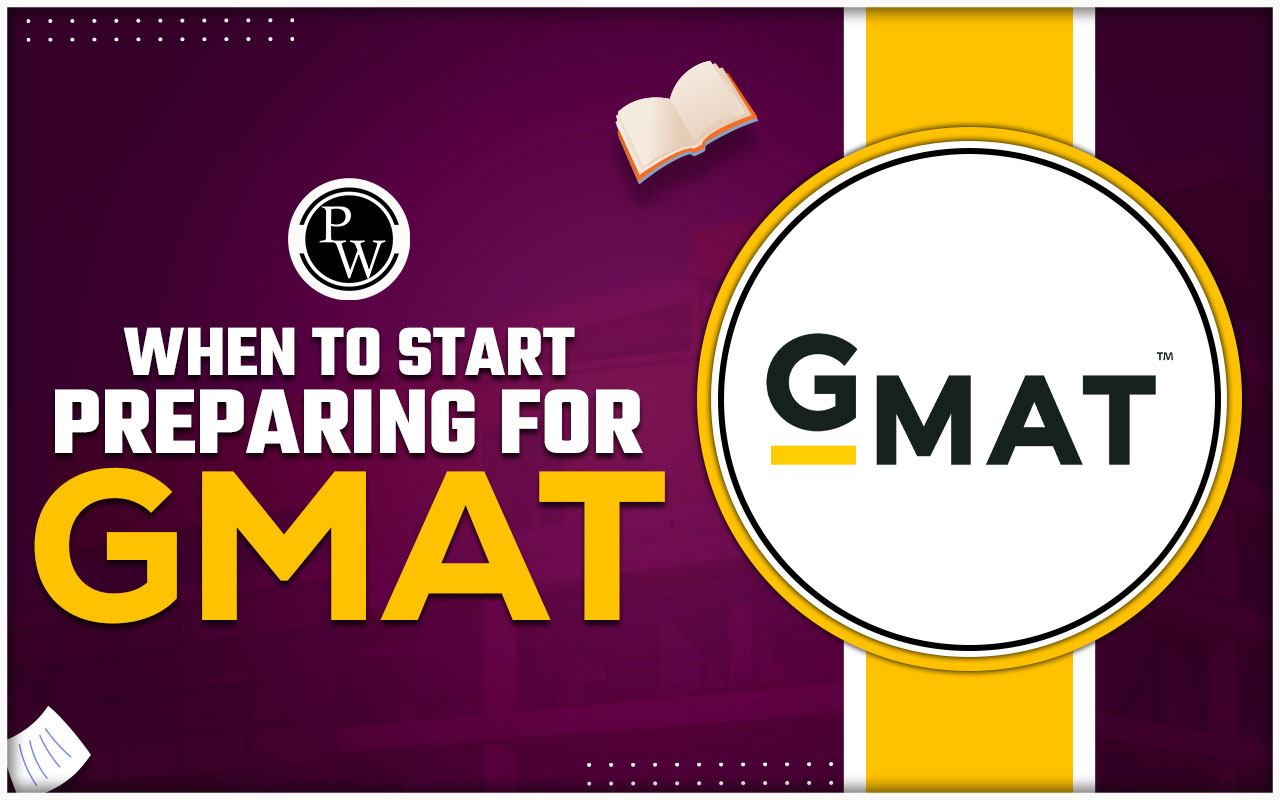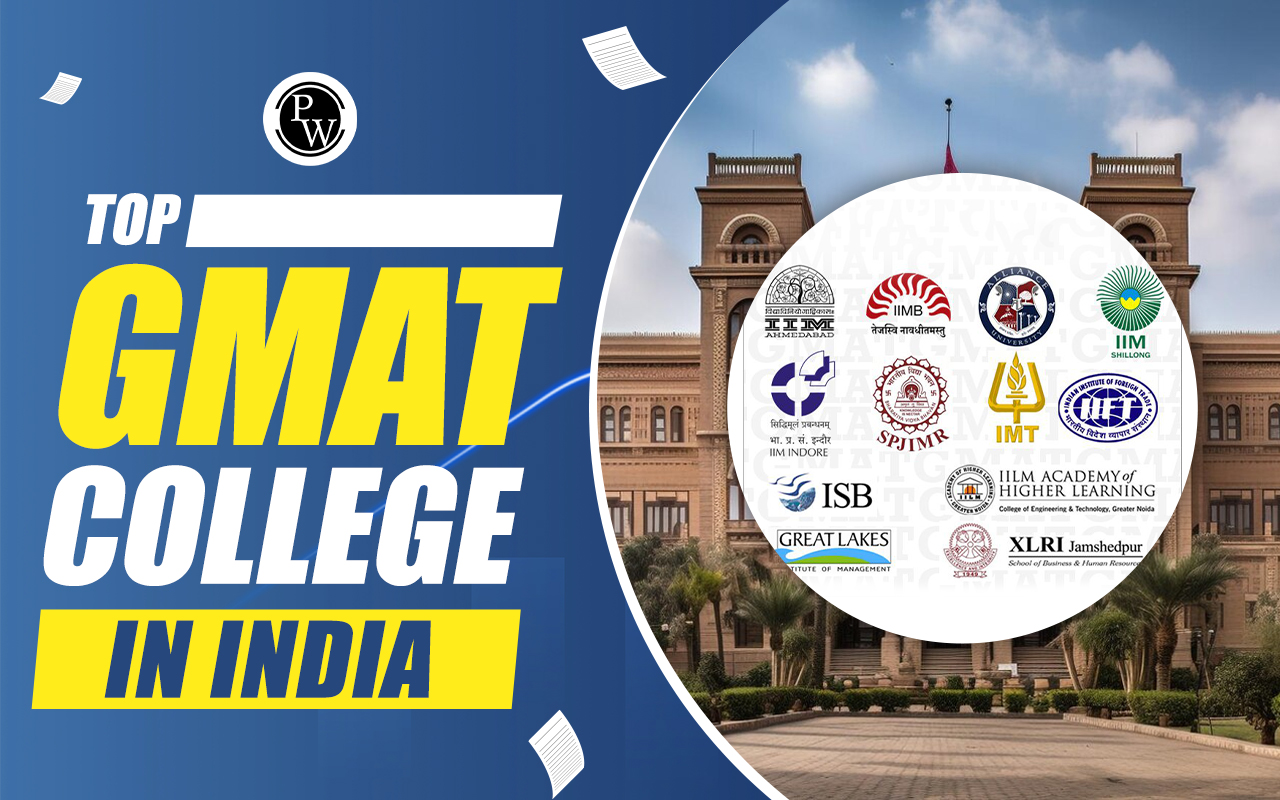
Average GMAT Scores for Top Business Schools 2025: Securing admission to a top business school requires more than just ambition—it demands a strong GMAT score that aligns with the expectations of globally ranked MBA programs. The Average GMAT Scores for Top Business Schools provide valuable benchmarks to help candidates understand what top institutions typically expect from applicants.
Knowing these average scores can help candidates set realistic targets and tailor their preparation strategy accordingly. Candidates aiming for Harvard, Stanford, INSEAD, or LBS should understand that the score trends for 2025 will give them an edge in planning and positioning their profile effectively in a highly competitive applicant pool.
Average GMAT Scores for Top B-Schools Overview
When applying to top global business schools, your GMAT score plays a pivotal role in shaping your chances of admission. While B-schools also consider other factors like academic background, work experience, and leadership potential, a strong GMAT score can significantly strengthen your application in a competitive pool.
The GMAT is accepted by over 6,000 business schools worldwide and is often treated as a key metric for evaluating applicants. Since admission to top-tier programs like Harvard, Stanford, or Yale is extremely selective, achieving a score close to or above the school's average can greatly improve your chances of being shortlisted. Understanding these average GMAT benchmarks is essential for setting realistic goals and preparing strategically.
Also Read: GMAT Focus Exam
Section-Wise Breakdown of Average GMAT Scores
GMAT Focus Edition assigns scores on a scale ranging from 205 to 805, with the average score hovering around 565. Generally, a total score between 650 and 690 is seen as competitive for admission into leading MBA programs. However, top business schools often evaluate not just the overall score but also performance in individual sections. The table below presents the section-wise average GMAT scores as reported by GMAC.
|
Section-Wise Breakdown of Average GMAT Scores |
||
|
GMAT Section |
Scaled Score |
Mean Score |
|
Verbal Reasoning |
60 – 90 |
78.99 |
|
Quantitative Reasoning |
60 – 90 |
77.71 |
|
Data Insights |
60 – 90 |
74.41 |
|
Total |
205 – 805 |
546.01 |
Average GMAT Scores for Top B-Schools
Securing admission to a globally recognized business school requires more than just a strong profile—achieving a high GMAT score is often a key factor. Top B-schools use GMAT scores as a benchmark to evaluate academic readiness and quantitative aptitude among applicants. While other elements like work experience and academics matter, your GMAT score can be a decisive component.
The table below highlights the average GMAT scores typically expected by some of the world’s most prestigious business schools:
|
Average GMAT Score for Top Business Schools |
|
|
University |
Average GMAT Score Requirement |
|
Harvard University |
740 |
|
Stanford University |
738 |
|
University of California, Berkeley |
733 |
|
Northwestern University |
731 |
|
MIT |
730 |
|
Chicago-Booth |
729 |
|
University of Pennsylvania |
728 |
|
Dartmouth College |
726 |
|
Yale University |
720 |
|
University of Michigan |
719 |
|
Cornell University |
710 |
|
Rice - Jones |
702 |
|
London Business School |
700 |
|
University of Massachusetts |
690 |
|
University of Cambridge |
682 |
|
University of Arizona |
684 |
|
Michigan State University |
670 |
|
University of Oxford |
650 |
|
Purdue University |
633 |
|
University of Melbourne |
630 |
|
University of Missouri |
630 |
|
Iowa State University |
610 |
|
University of Pittsburgh |
600 |
|
Concordia University |
580 |
|
Boston College |
576 |
|
Kent State University |
559 |
|
University of Memphis |
550 |
|
University of British Columbia |
550 |
|
Clark Atlanta University |
550 |
|
Penn State University |
540 |
|
Virginia Commonwealth University |
540 |
|
University of Saskatchewan |
500 |
Also Read: GMAT Eligibility Criteria
Strategies to Get High GMAT Scores
Scoring well on the GMAT requires more than just basic preparation—it demands a focused strategy, consistent practice, and smart time management. With the right approach, candidates can strengthen their weak areas and maximize their performance across all sections. Below are some effective GMAT preparation strategies to help candidates aim for a top score:
-
Begin Early with a Clear Study Plan: Start your preparation months in advance with a detailed schedule. This approach helps in covering all topics thoroughly, managing time effectively, and avoiding last-minute stress.
-
Get Familiar with the GMAT Format: Understand the computer-adaptive nature of the exam. Use official guides and free practice tests to simulate real exam conditions and build confidence for test day.
-
Focus on Weak Areas: Use mock test feedback to pinpoint areas where you need improvement. Reinforce these topics with concept revision, topic-wise drills, and extra support materials.
-
Use a Variety of Learning Tools: Leverage a mix of resources like official guides, question banks, online test series, and educational platforms to diversify your preparation and strengthen key areas.
-
Take Guidance When Needed: Consider enrolling in GMAT online coaching or seeking mentorship from experienced instructors to receive guidance, clear doubts, and refine test-taking strategies.
Achieve your MBA target by starting a strategic GMAT preparation under the guidance of PW GMAT Online Coaching experts. Join the PW GMAT Online Class to get regular live classes and streamline your preparation strategy to score commendable marks.
FAQs On GMAT Scores for Top B-Schools
What is considered a good GMAT score for top business schools in 2025?
Do business schools only consider the overall GMAT score?
What is the average GMAT score range in the GMAT Focus Edition?
Why are average GMAT scores important for applicants?
How can I improve my GMAT score to meet top B-school standards?


